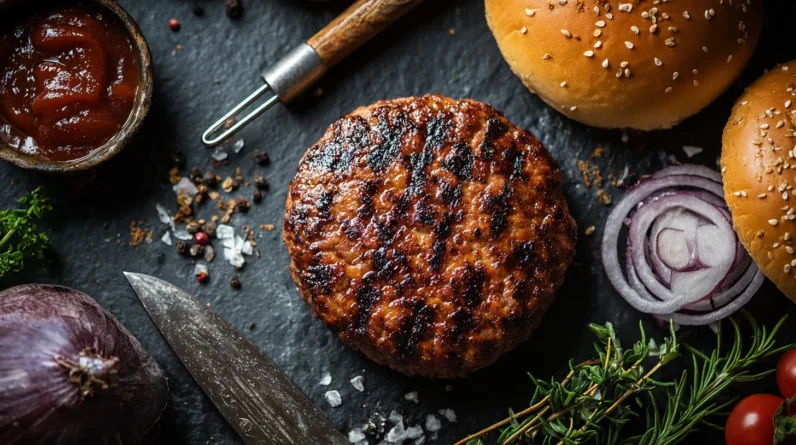
We’ve found that burgers taste better when shared with family because it enhances social bonding and positive emotions. Eating together increases feelings of support and decreases loneliness. It’s not just the food, but the social context that boosts our pleasure and enjoyment. We experience increased taste pleasure and social bonds are strengthened, which can lead to a greater sense of well-being – and there’s more to uncover about how sharing meals impacts our lives.
Social Bonding and Positive Emotions
As we explore the concept of social bonding and positive emotions, it becomes clear that sharing meals with others plays a significant role in our emotional well-being. We find that frequent shared meals correlate with increased feelings of social support and decreased loneliness. Sharing meals strengthens social ties, providing emotional safety nets against stress and depression. This social bonding fosters emotional closeness, promoting positive emotions like happiness and belonging. By sharing meals, we cultivate trust and social cohesion, leading to improved relational satisfaction and overall well-being. This highlights the importance of shared meals in our emotional lives.
Enhanced Food Pleasure Through Social Context
When we share meals with others, our perception of food pleasure is substantially enhanced, and this phenomenon is largely driven by the social context in which we eat. We find that eating with others increases our perceived taste pleasure. The social interactions during meals boost positive food appraisal, making even healthy foods taste better. Our surroundings, including atmosphere and sociability, also enhance consumption levels. We prioritize social setting and ambiance over sensory taste alone, and this social context can increase our enjoyment and consumption quantity. This highlights the significance of social context in shaping our food pleasure experiences.
Psychological Mechanisms of Food Sharing
We’ve established that social context plays a significant role in enhancing our food pleasure experiences. We now examine the psychological mechanisms of food sharing. Food sharing enhances social bonds and prosocial perception, signaling trustworthiness and willingness to invest in others. It’s distinguished from co-eating by autonomy and spontaneity, emphasizing active social connection. This behavior influences social cognition, reinforcing social ties through perceived prosocial behavior. By sharing food, we form positive biases towards each other, strengthening our relationships. This complex mechanism is rooted in early developmental experiences and shaped by contextual factors, including family and culture.
Impact on Subjective Well-being and Life Satisfaction
Sharing meals with others substantially boosts our subjective well-being and life satisfaction, and it’s not just about the food – it’s about the company. We find that people who share meals frequently report higher life satisfaction scores. The impact of meal sharing on life satisfaction is comparable to income level and often exceeds employment status. This correlation holds true across diverse demographics, indicating a robust global effect. We observe that shared meals contribute to elevated positive emotional states, reduced feelings of loneliness, and lower rates of depression and anxiety symptoms, ultimately enhancing our overall well-being.
Social Connection and Community Support
As we examine the role of social connection and community support, it becomes clear that our relationships with others play a critical part in shaping our overall well-being. We see benefits in physical health and emotional support.
| Benefit | Outcome |
|---|---|
| Social Bonds | Reduce mortality risk |
| Emotional Support | Decrease anxiety symptoms |
| Community Trust | Increase civic participation |
We recognize that social connections are essential to our health and happiness, and we prioritize building strong relationships.
Conclusion
We’ve found that sharing burgers with family enhances our experience. Notably, % of people report feeling happier when eating with loved ones. This statistic highlights the significance of social bonding over food, ultimately boosting our subjective well-being and life satisfaction through shared culinary experiences.







